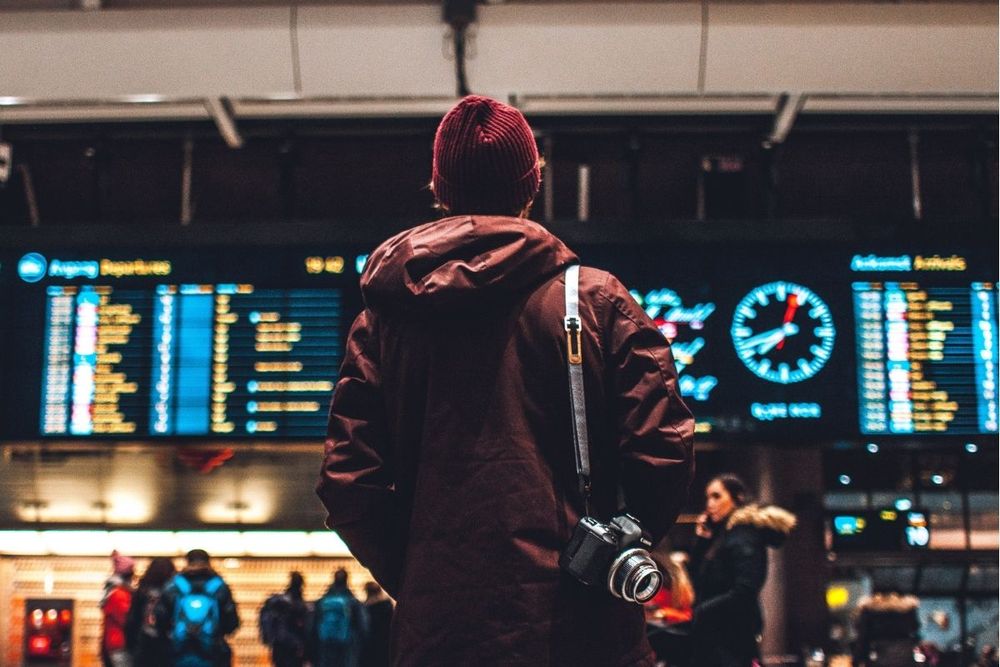What happens in case you have loans in Dubai? Can a borrower travel before paying off his dues? Take a look at the UAE laws for answers to such queries.
Question:
I am a Dubai resident and recently lost my job. I have an outstanding personal loan amount of Dh30,000 and some credit card dues. I plan to liquidate some of my assets back home, but that will take some time. Will I be given this time on humanitarian grounds? If not, what legal action will I face?
Response:
Pursuant to your queries, the provisions of Central Bank of UAE Regulations No. 29/2011 related to Regulations Regarding Bank Loans & Services Offered to Individual Customers (the ‘Central Bank of UAE Regulation No. 29 of 2011’); Notice No. 3692/2012 of Central Bank of the UAE pertaining to General Terms & Conditions and Loan Agreements texts drafted and approved by Emirates Bank Association (the ‘Loan Agreements Formats Approved by Central Bank of UAE’); Resolution of the Cabinet No. 33 of 2020 Amending Certain Provisions of Resolution of the Cabinet No. 57 of 2018 on the Regulations of the Federal Law No. 11 of 1992 on the Civil Procedure Code (the ‘Cabinet Resolution No. 33 of 2020); and the Resolution of the Cabinet No. 75 of 2021 Amending Certain Provisions of Resolution of the Cabinet No. 33 of 2020 on the Regulations of the Federal Law No. 11 of 1992 on the Civil Procedure Code (the ‘Cabinet Resolution No. 75 of 2021’) are applicable.
In the UAE, when a personal loan or a credit card facility is granted to a borrower, the lender may collect cheque/s as security (not mandatory). This is in addition to a signed agreement or application form which contains terms and conditions. This is in accordance with Article 12 of the Central Bank of UAE Regulations No. 29/2011.
A borrower failing to pay three consecutive installments or six non-consecutive installments may be considered as an event of default. This is in accordance with Article 4(4) of the Personal Loan Agreement format of Loan Agreements Formats Approved by Central Bank of UAE.
Therefore, in case of a default, the lender(s) may choose to deposit your security cheque(s) for collection. Should the said security cheques be dishonoured due to insufficiency of funds, the lender(s) may file a payment order case against you in accordance with Cabinet Resolution No. 33 of 2020 and Cabinet Resolution No. 75 of 2021. Based on the payment order case judgement, the lender(s) may commence execution proceedings against you if you do not file an appeal within 15 days of judgement.
The lender(s) may also file a civil case against you in a court to recover the outstanding debt. In the event the judgement is passed against you, the lender(s) may commence execution proceedings against you which may include imposing a travel ban on you.
Thereafter, you may be not allowed to travel outside the UAE until you pay the execution amount to the court based on the judgement/s issued against you. Further, you may not be allowed to travel outside the UAE if you are already in the country while such order of travel ban is imposed on you until you pay the execution amount.
You may approach the lender(s) with whom you have personal loan and credit card facilities and explain your circumstances. You may request the lender(s) in writing to allow you time to pay the dues once you obtain new employment or liquidate your assets. However, it is up to the discretion of the lender(s) to grant you additional period to pay the outstanding personal loan and credit card payments, on humanitarian ground.
News Source: Khaleej Times









